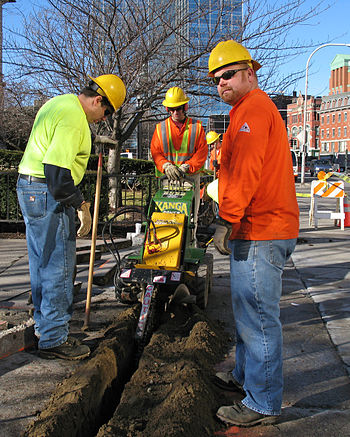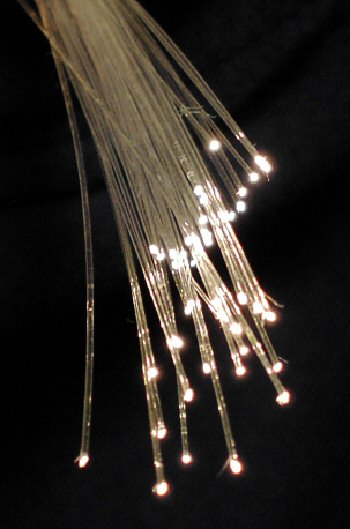· by · in Broadband, Featured, Technology
Google has been rapidly testing and deploying a variety of high speed internet delivery systems. The first volley for consumers was its Google Fiber gigbit internet access, which saw municipalities in the US competing to present their cities as the best fit for high speed access. Then, CivSource reported on a constortium of tech companies including Google, which were deploying TV White Space Broadband, sometimes called Super Wifi. Now, the company appears to be testing millimeter wave technology to provide wireless broadband according to a recent public FCC filing.
Millimeter wave technology uses the frequency spectrum from 30 GHz to 300 GHz, between microwave and infrared waves. Historically, like TV White Space (TVWS), these parts of the spectrum haven’t really been used. It the case of TVWS, that technology relies on extra and empty TV channels to transmit broadband access over long distances like they already transmit TV stations. Until the last decade or so, few devices could transmit millimeter waves but now the technology is more economical. Millimeter waves have been floated as a 5G network for mobile phones as well.
The battle for spectrum among technology providers and governments has already been high profile, with major telecommunications companies like Verizon and Comcast going to every spectrum auction they can to bolster their private networks. The development of FirstNet also touches on the scarcity and politicized nature of spectrum use as program administrators try to find spectrum bands that can be allocated to first responders.
If successful in commercial use cases, millimeter wave technology would allow for more spectrum for all of these networks, and would also be able to transmit bulky data wirelessly. However, there are limitations. As readers might guess from the word millimeter, these waves don’t go that far. The magazine Electronic Design breaks down just how much you might expect from millimeter waves without further technological innovation.














